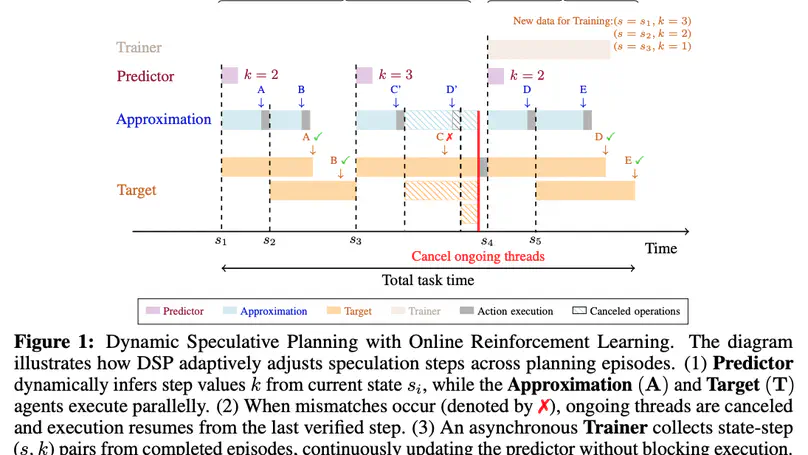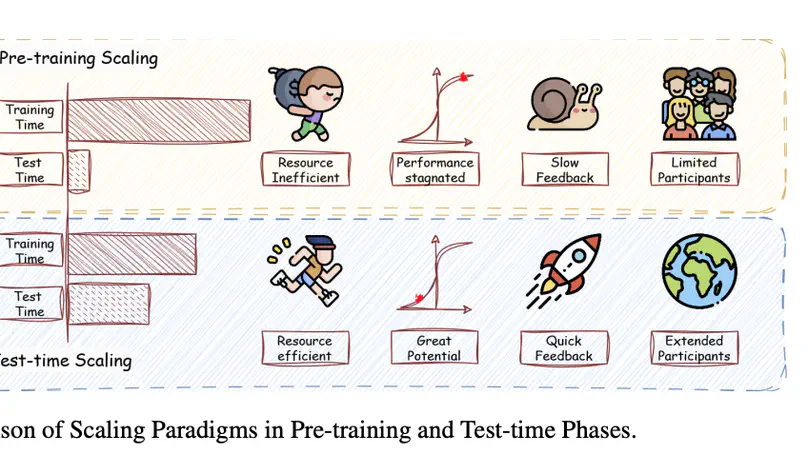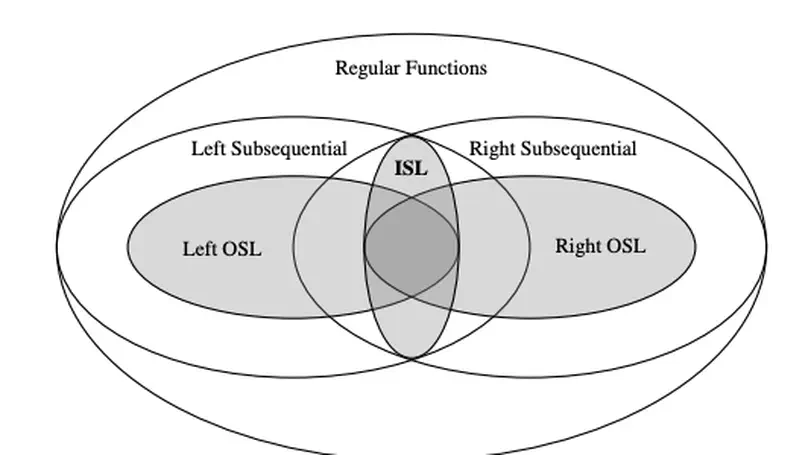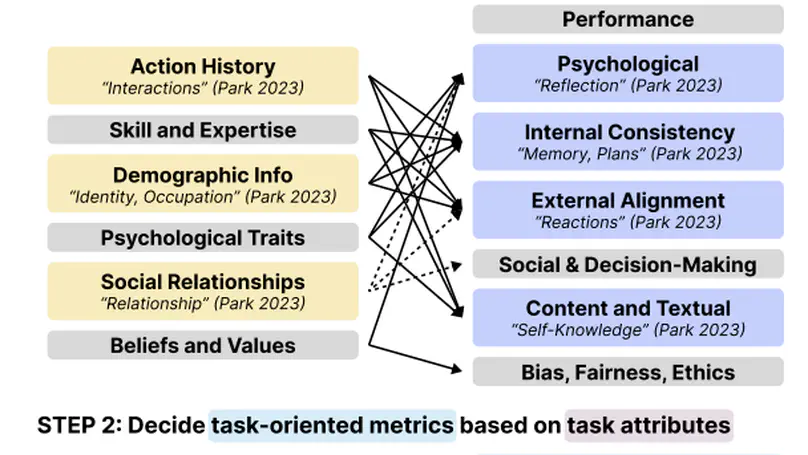About Me
Welcome!
I’m Wenyue Hua, senior researcher at Microsoft Research, AI Frontiers. I was a postdoctoral researcher at University of California, Santa Barbara, working with Prof. William Yang Wang (2024 - 2025). I obtained my Ph.D. degree from Rutgers University, New Brunswick (2020 - 2024). I’m honored to be advised by Prof. Yongfeng Zhang. I received MA in Linguistics at Rutgers in 2020 (proudly advised by Prof. Adam Jardine) and BA in Linguistics and Philosophy and BS in Mathematics at UCLA in 2018 (proudly advised by Prof. Edward Keenan).
My research interests lie in Large Language Models and its various application, such as LLM-based agent, multi-agent system, generative recommender system, LLM reasoning. I care about the decision-making ability, safety, and efficiency of LLM-based agents.
I am also Partner @ NICE AI TALK (https://nice-intl.github.io/). If you have any paper or project that you want to present, please contact nice.ai.academy@gmail.com
Collaboration & Mentoring
I welcome discussions about AI agents and am open to collaborations with researchers and industry professionals. I also enjoy mentoring students at various stages of their academic journey.
Feel free to email me a conversation at wenyue.hua@rutgers.edu to explore potential partnerships or discuss recent developments in the field.
- Large language models
- LLM-based agent
- Trustworthy AI
- Efficient AI
-
Postdoctoral Research in Computer Science, 2024-2025
Computer Science Department, University of California, Santa Barbara
-
Ph.D. in Computer Science, 2020-2024
Computer Science Department, Rutgers University, New Brunswick
-
Master of Arts in Linguistics (Ph.D. track transfer out), 2018-2020
Department of Linguistics, Rutgers University, New Brunswick
-
B.S. in Mathematics, General & B.A. in Linguistics&Philosophy with Specialization in Computing, 2014-2018
UCLA
News
Experience
- Advisor: Prof. William Yang Wang
- Dissertation: Trustworthy Large Language Model
- Advisor: Prof. Yongfeng Zhang
- Thesis: Learning Underlying Representations and Input-Strictly-Local Functions
- Advisor: Prof. Adam Jardine
- Thesis: Boolean-Algebraic Representation of Possible Worlds
- Advisor: Prof. Edward Keenan
Featured Publications

Despite their remarkable success in complex tasks propelling widespread adoption, large language-model-based agents still face critical deployment challenges due to prohibitive latency and inference costs. While recent work has explored various methods to accelerate inference, existing approaches suffer from significant limitations – they either fail to preserve performance fidelity, require extensive offline training of router modules, or incur excessive operational costs. Moreover, they provide minimal user control over the tradeoff between acceleration and other performance metrics. To address these gaps, we introduce Dynamic Speculative Planning (DSP), an asynchronous online reinforcement learning framework that provides lossless acceleration with substantially reduced costs without requiring additional pre-deployment preparation. DSP explicitly optimizes a joint objective balancing end-to-end latency against dollar cost, allowing practitioners to adjust a single parameter that steers the system toward faster responses, cheaper operation, or any point along this continuum. Experiments on two standard agent benchmarks demonstrate that DSP achieves comparable efficiency to the fastest lossless acceleration method while reducing total cost by 30% and unnecessary cost up to 60%.

As enthusiasm for scaling computation (data and parameters) in the pretraining era gradually diminished, test-time scaling (TTS), also referred to as ``test-time computing’’ has emerged as a prominent research focus. Recent studies demonstrate that TTS can further elicit the problem-solving capabilities of large language models (LLMs), enabling significant breakthroughs not only in specialized reasoning tasks, such as mathematics and coding, but also in general tasks like open-ended Q&A. However, despite the explosion of recent efforts in this area, there remains an urgent need for a comprehensive survey offering a systemic understanding. To fill this gap, we propose a unified, multidimensional framework structured along four core dimensions of TTS research – what to scale, how to scale, where to scale, and how well to scale. Building upon this taxonomy, we conduct an extensive review of methods, application scenarios, and assessment aspects, and present an organized decomposition that highlights the unique functional roles of individual techniques within the broader TTS landscape. From this analysis, we distill the major developmental trajectories of TTS to date and offer hands-on guidelines for practical deployment. Furthermore, we identify several open challenges and offer insights into promising future directions, including further scaling, clarifying the functional essence of techniques, generalizing to more tasks, and more attributions.

Large language models (LLMs) have shown remarkable improvements in reasoning and many existing benchmarks have been addressed by models such as o1 and o3 either fully or partially. However, a majority of these benchmarks emphasize deductive reasoning, including mathematical and coding tasks in which rules such as mathematical axioms or programming syntax are clearly defined, based on which LLMs can plan and apply these rules to arrive at a solution. In contrast, inductive reasoning, where one infers the underlying rules from observed data, remains less explored. Such inductive processes lie at the heart of scientific discovery, as they enable researchers to extract general principles from empirical observations. To assess whether LLMs possess this capacity, we introduce InductionBench, a new benchmark designed to evaluate the inductive reasoning ability of LLMs. Our experimental findings reveal that even the most advanced models available struggle to master the simplest complexity classes within the subregular hierarchy of functions, highlighting a notable deficiency in current LLMs’ inductive reasoning capabilities. Coda and data are available this url.

Role-Playing Agent (RPA) is an increasingly popular type of LLM Agent that simulates human-like behaviors in a variety of tasks. However, evaluating RPAs is challenging due to diverse task requirements and agent designs. This paper proposes an evidence-based, actionable, and generalizable evaluation design guideline for LLM-based RPA by systematically reviewing 1,676 papers published between Jan. 2021 and Dec. 2024. Our analysis identifies six agent attributes, seven task attributes, and seven evaluation metrics from existing literature. Based on these findings, we present an RPA evaluation design guideline to help researchers develop more systematic and consistent evaluation methods.